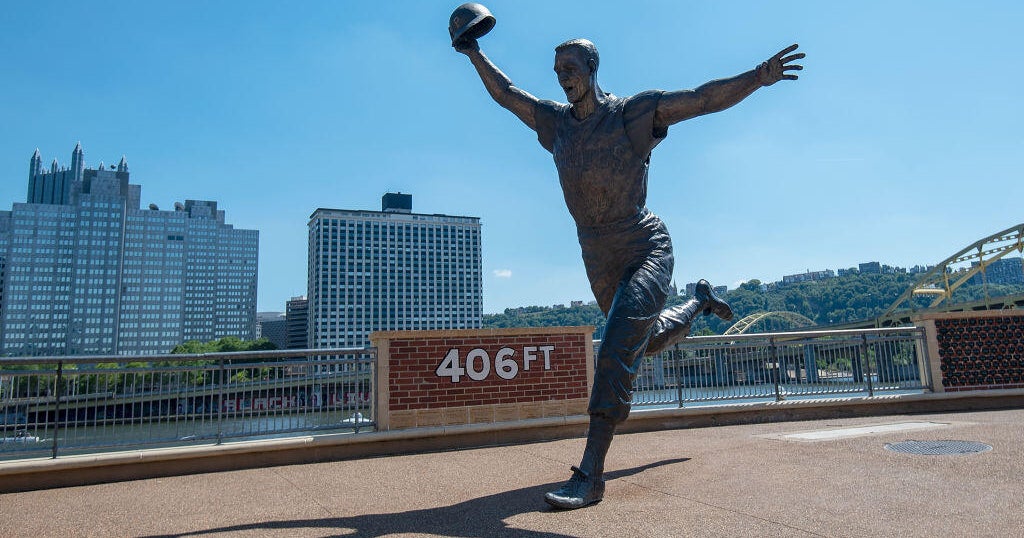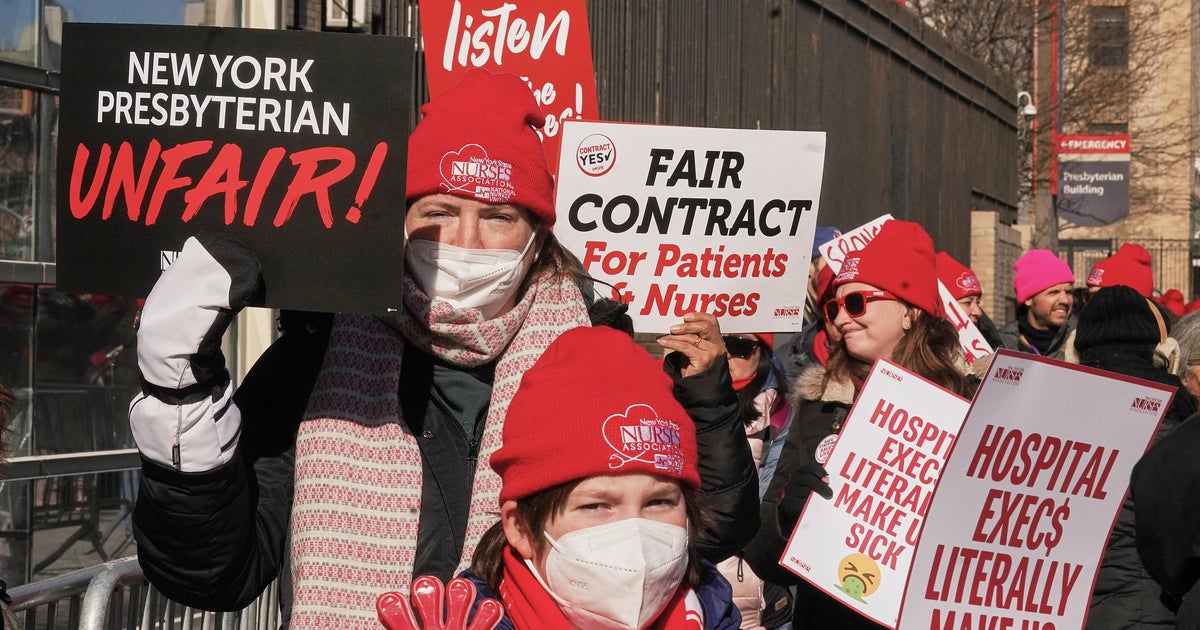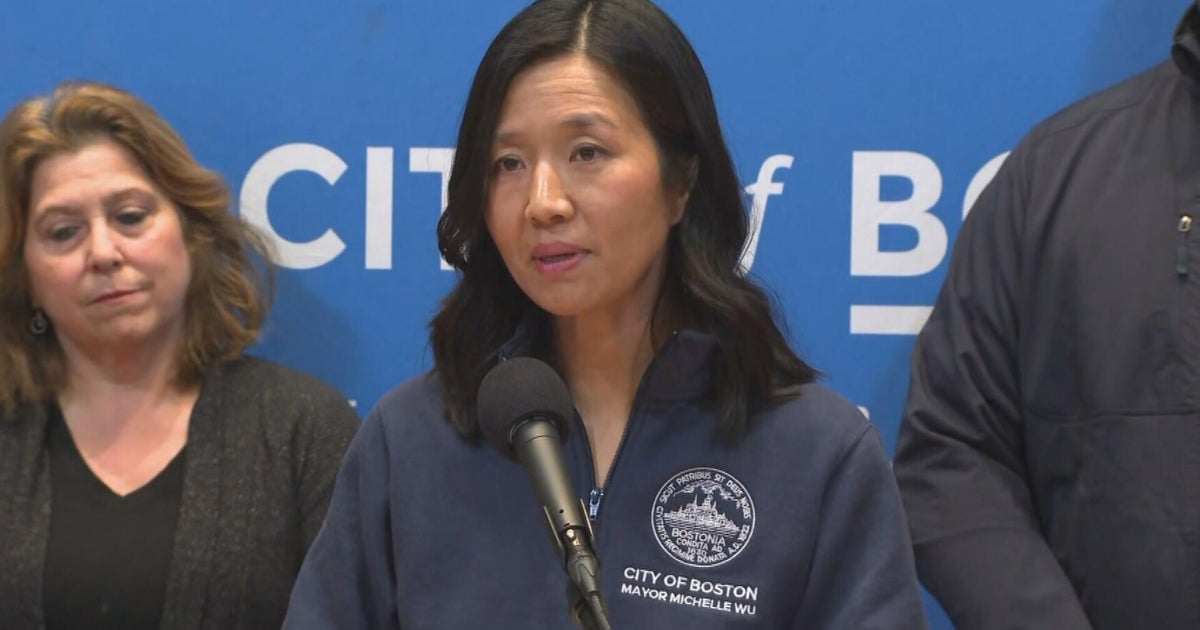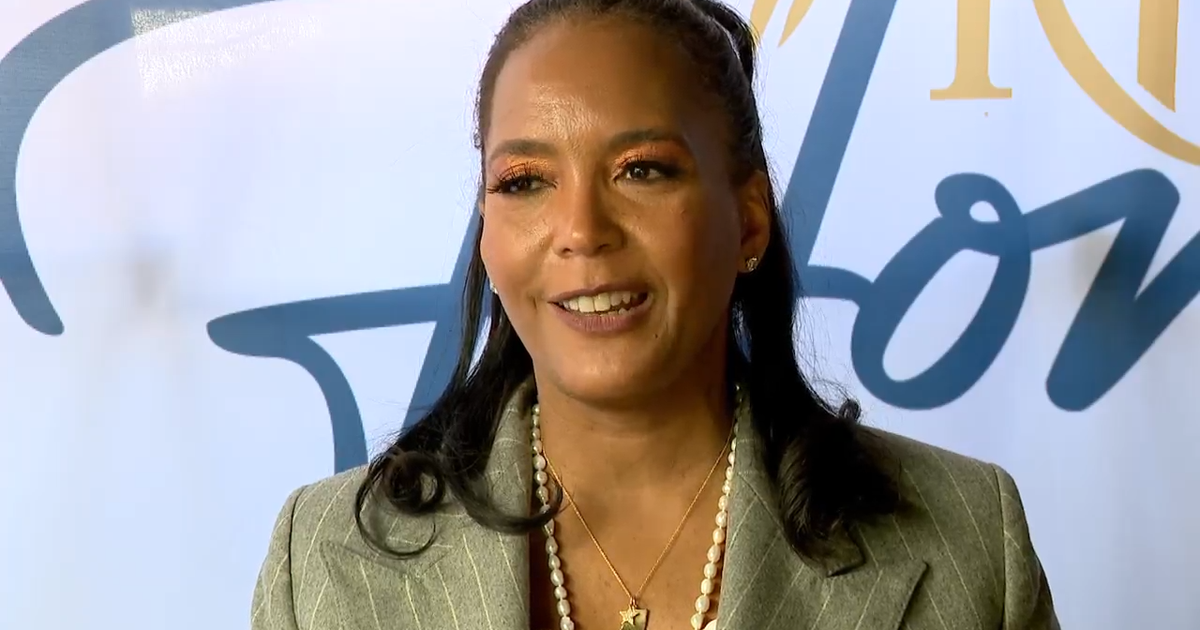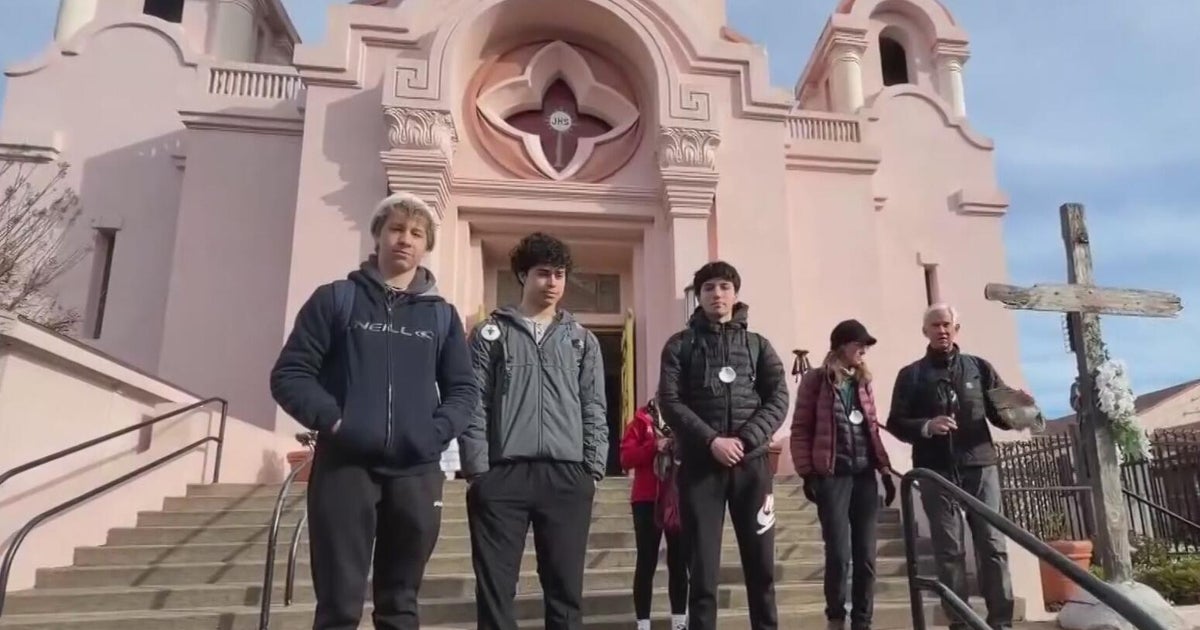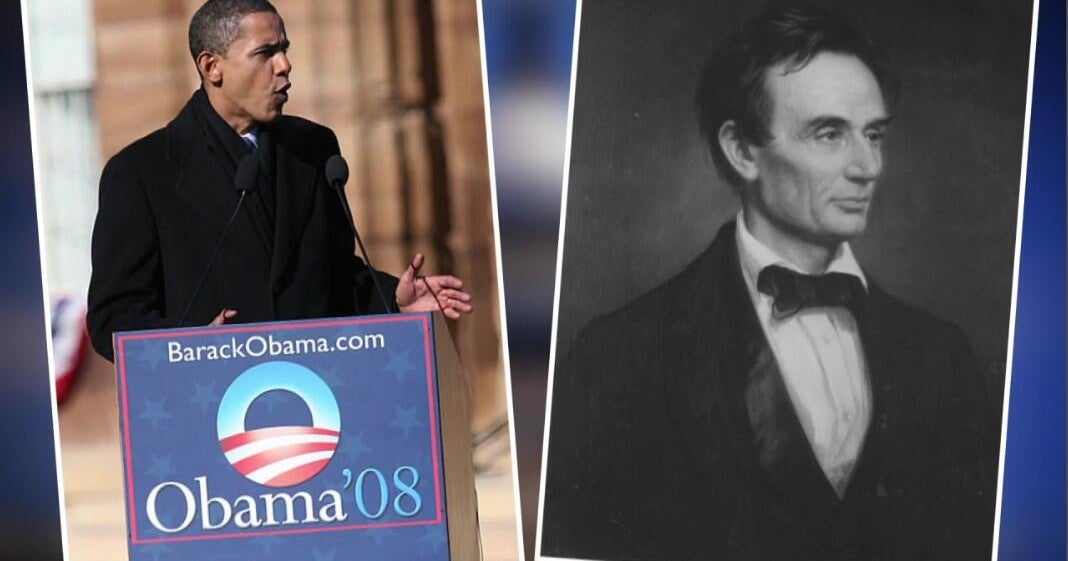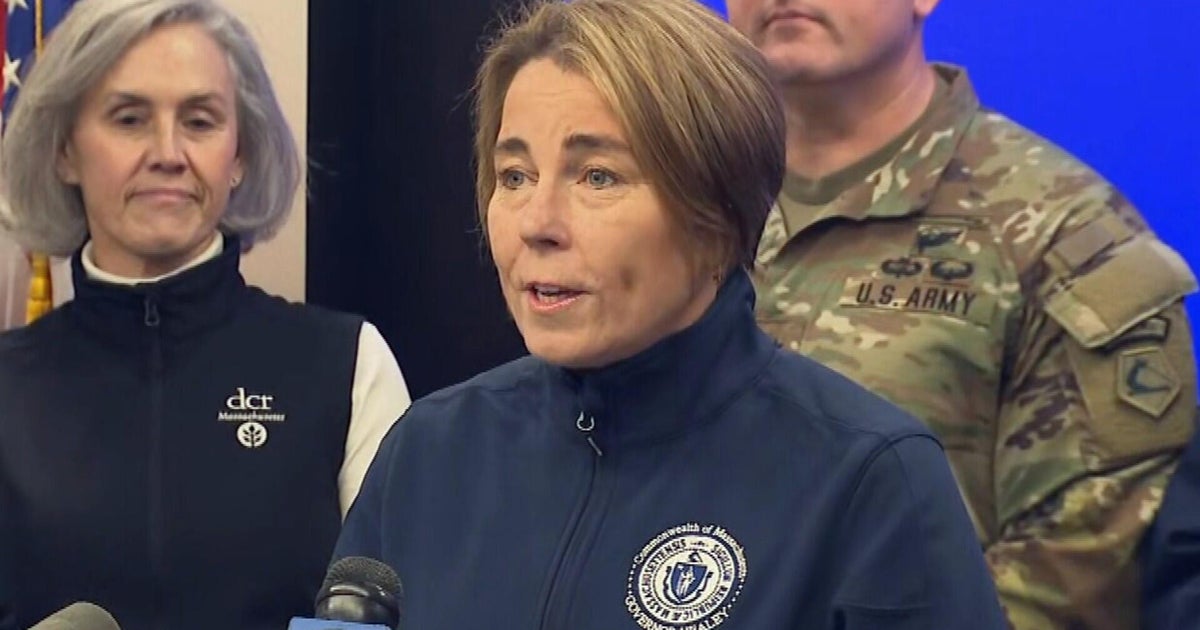De Blasio Praises Peace Agreement Between Colombian Government, Rebels
NEW YORK (CBSNewYork/CBS News/AP) -- Mayor Bill de Blasio on Thursday congratulated Colombian leaders for a historic peace deal to end a half-century of bloody conflict between the government and leftist rebels.
"Today, New York City celebrates a historic peace deal ending 52 years of war in Colombia. This is an opportunity for Colombia to begin to heal and rebuild," de Blasio said in a statement. "Our city is home to more than 90,000 Colombian New Yorkers, and today we join them and the rest of the world in recognizing this critical moment in history.
Colombian President Juan Manuel Santos was moving quickly Thursday to hold a national referendum on the peace deal with the FARC, delivering the final text of the deal to congress on Thursday and declaring a definitive cease-fire with the guerrillas.
Members of his family and Cabinet walked with him the short distance from his official residence to hand-deliver the 297-page accord to lawmakers, a move required for Colombia to hold a national referendum on the peace deal that Santos announced for Oct. 2.
De Blasio noted that there will be voting locations in New York City.
"We look forward to bearing witness to this participatory, collective and democratic decision as it unfolds," the mayor said in the statement.
The FARC declared a unilateral cease-fire over a year ago, but Santos refused to grant a formal truce until talks wrapped up, though he ended aerial bombardments of guerrilla camps.
The peace agreement was announced Wednesday after more than four years of grueling negotiations in Cuba. The cease-fire will take effect at midnight Monday, Santos said.
Colombians celebrated the historic agreement even while expressing doubts about whether the guerrillas they've grown to loathe will honor their commitments to lay down their weapons, confess human rights abuses and help eradicate illegal coca crops that helped fuel Colombia's conflict after insurgencies elsewhere in Latin America were defeated. The five-decade conflict has killed more than 220,000 people and driven more than 5 million from their homes.
Last-minute government concessions included guarantees that the FARC's still-unnamed political movement will have a minimum of 10 seats in congress for two legislative periods. After 2026, the former rebel must prove their political strength at the ballot box.
"We've won the most beautiful of all battles: the peace of Colombia," chief FARC negotiator, known by the nom de guerre of Ivan Marquez, said at the announcement in Havana.
Congratulations poured in from regional governments and the United Nations, which will play a key role keeping the peace. President Barack Obama also welcomed the deal.
Obama spoke by phone Wednesday with Santos, congratulating him, according to a White House statement.
Obama "recognized this historic day as a critical juncture in what will be a long process to fully implement a just and lasting peace agreement that can advance security and prosperity for the Colombian people," the statement read.
The accord commits Colombia's government to carrying out aggressive land reform, overhauling its anti-narcotics strategy and greatly expanding the state's presence in long-neglected areas.
The FARC was forced to the negotiating table in 2012 after a decade of heavy battlefield losses inflicted by the U.S.-backed military. Several top rebel commanders were killed and its ranks thinned by half to the current 7,000 guerrillas.
Polls say most Colombians loathe the rebel group, but surveys also indicate Colombians will likely endorse a deal.
The most contentious agreement would let rebels who confess their crimes avoid jail and instead serve reduced sentences of no more than eight years by helping rebuild communities hit by the conflict.
"There are no other words to describe that than as a piñata of impunity," said Jose Miguel Vivanco, the Americas director for Human Rights Watch.
Santos' plebiscite is not without risks.
Colombia's opposition is likely to try to convert the vote into a referendum on Santos, whose approval rating plummeted to 21 percent in May, according to a Gallup poll. That is the lowest since he took office in 2010.
Possible low voter turnout is also a concern because a minimum of 13 percent of the registered voters, or about 4.4 million voters, must vote in favor for the accord to be ratified.
"We think we've done the best possible job, but it's the Colombians who will judge us," said chief government negotiator Humberto de la Calle. "We have to wait for the citizens' verdict."
After the agreement is signed - the date is still unknown - the FARC will begin mobilizing its troops to 31 zones scattered across Colombia. Ninety days later they are supposed to begin handing their weapons over to U.N.-sponsored monitors.
Over the 13 months since the FARC declared a unilateral cease-fire and the government reciprocated with an unofficial truce, violence has fallen to the lowest level since the movement was created 52 years ago by outlaw peasant groups joined by communist activists.
But analysts worry that as the rebels integrate into Colombian society, well-organized criminal gangs will fill the void and fight among themselves for control of the country's lucrative cocaine trade, which kept the FARC well-armed much longer than other Latin American insurgencies.
The much-smaller National Liberation Army also remains active, although it's pursuing its own peace deal.
(TM and © Copyright 2016 CBS Radio Inc. and its relevant subsidiaries. CBS RADIO and EYE Logo TM and Copyright 2016 CBS Broadcasting Inc. Used under license. All Rights Reserved. This material may not be published, broadcast, rewritten, or redistributed. The Associated Press contributed to this report.)
